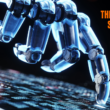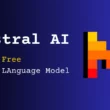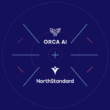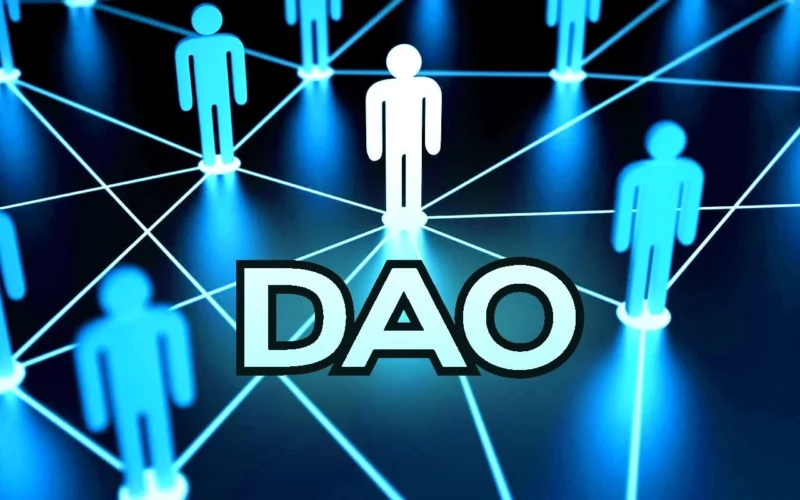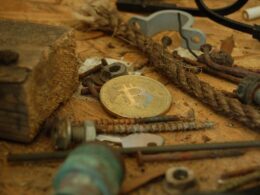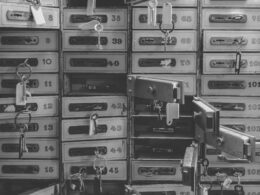In recent years, there has been a lot of buzz surrounding the concept of decentralized autonomous organizations, or DAOs. A DAO is a company or organization that is run through transparent rules encoded on a digital contract, eliminating the need for a centralized, hierarchical management structure.
Proponents of DAOs argue that they are more efficient and less susceptible to corruption than traditional organizations. But are DAOs really the wave of the future? Let’s take a closer look.
How Do DAOs Work?
DAOs are businesses or organizations run by programmed rules rather than humans. The rules are encoded in digital contracts and stored on a blockchain – the same technology underlies cryptocurrencies like Bitcoin. In theory, DAOs can be used to run any type of business, from insurance companies to hedge funds.
One of the most famous examples of a DAO is TheDAO, which was launched in 2016 with the goal of investing in Ethereum-based projects. TheDAO raised over $150 million from investors, but it was quickly hacked, leading to the loss of millions of dollars. The hack highlighted some potential risks associated with DAOs but did not deter investors from pouring money into this new type of organization.
Why Invest In a DAO?
There are several reasons why you might want to invest in a DAO. First and foremost, DAOs are supposed to be more efficient than traditional businesses. Because they are powered by code instead of humans, they should theoretically be able to operate 24/7 without any downtime. Additionally, because no central authority is running the show, decision-making should be much quicker and easier.
Another big selling point for DAOs is that they are designed to be immutable – meaning that once a rule is encoded in the contract, it cannot be changed without the consent of all participants. This could help to prevent corruption and abuse by those in positions of power. Furthermore, because all transactions made on a blockchain are public and transparent, it would be very difficult for anyone to commit fraud or engage in other illicit activities without being caught.
What Are The Risks?
Of course, no investment is without risk – and some risks are certainly associated with investing in DAOs. One major risk is that they are still largely untested and unproven. While there have been some successful DAOs (such as MakerDAO), there have also been failures (such as TheDAO). So, doing your homework before investing in any particular DAO is important.
Another risk is that because they rely on code instead of humans, DAOs can be vulnerable to hacking attempts. If someone were to find a flaw in the code powering a particular DAO, they could exploit it for their own gain – as we saw with the TheDAO hack mentioned earlier. Additionally, because blockchain technology is still relatively new and uncharted territory, there’s always the possibility that regulators could step in and try to put an end to DAOs altogether.
Conclusion
So – are decentralized autonomous organizations really the wave of the future? Only time will tell for sure – but there’s no doubt that they have potential. They offer investors the chance to participate in organizations that are designed to be more efficient than traditional businesses – and, therefore, potentially more profitable in the long run. Of course, there are also risks associated with investing in DAOs – but then again, there’s always a risk when it comes to investing!
